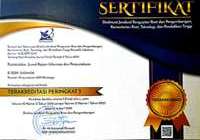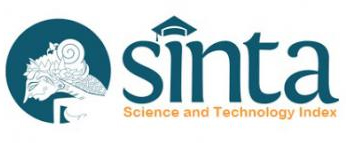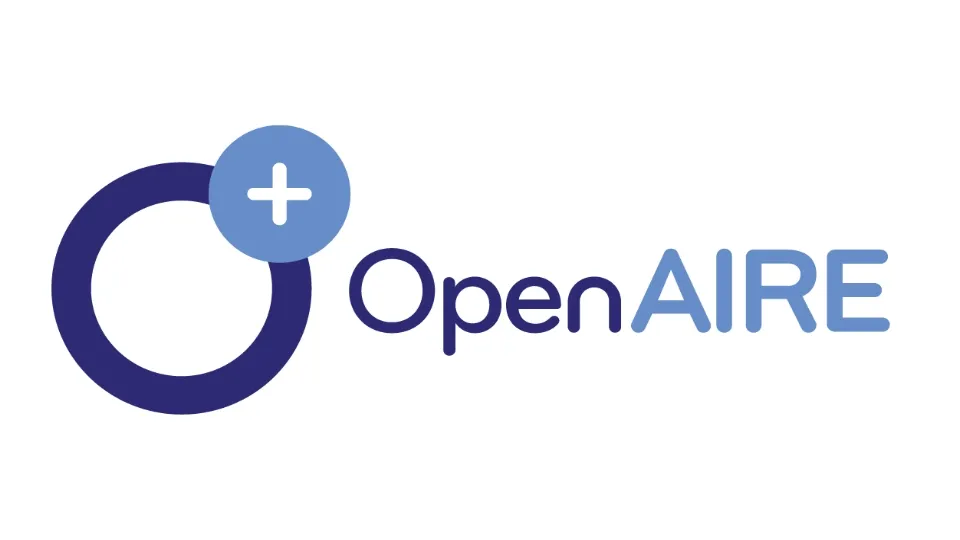Pendidikan Pemustaka Melalui Kegiatan Literasi Informasi di Perpustakaan STIE Perbanas Surabaya untuk Mendukung Perguruan Tinggi yang Berkualitas
DOI:
https://doi.org/10.21154/pustakaloka.v8i2.688Keywords:
information literacy, library, users, lifelong learningAbstract
Lifelong learning society emphasize the importance of information in a process of learning, self-development, career, doing work / business, and live in every opportunity. Lifelong learning society gives opportunities to the community, especially here is the student to respond to the demands of learning-oriented in their spare time (non formal education). The role of the library to realize a lifelong leraning society is to conduct information literacy activities with the main goal is to provide supplies to users, especially students to make it easier to complete the task of learning. Information literacy needs to be given to users, especially students is to better identify what information users need and how to do searching to the sources of information, especially that contained in the library. Library Perbanas Surabaya designing activities that support the implementation of information literacy in order to develop a lifelong learning society. The activity is Metodologi Penelusuran Informasi Ilmiah workshop and Research Zone services.
Downloads
Published
Issue
Section
License
Requirements to be met by the author as follows:
- Author storing copyright and grant the journal right of first publication manuscripts simultaneously with licensed under the Creative Commons Attribution License that allows others to share the work with a statement of the work's authorship and initial publication in this journal.
Authors can enter into the preparation of additional contractual separately for non-exclusive distribution of a rich version of the journal issue (eg: post it to an institutional repository or publish it in a book), with the recognition of initial publication in this journal.
Authors are allowed and encouraged to post their work online (eg, in institutional repositories or on their website) prior to and during the submission process, because it can lead to productive exchanges, as well as citations earlier and more severe than published works. (see The Effect of Open Access).















